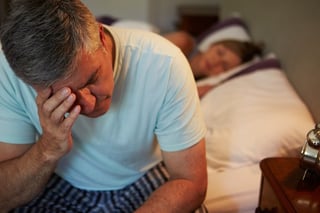 If you have not been able to acclimate to the use of continuous positive airway pressure therapy, more popularly known as CPAP therapy, understand one thing:
If you have not been able to acclimate to the use of continuous positive airway pressure therapy, more popularly known as CPAP therapy, understand one thing:
You are not alone.
In fact, you join many others with sleep apnea who share several experiences that can lead to something known in the field as "CPAP failure."
What is CPAP failure, and why do they call it that?
It's a rather harsh term, CPAP failure. What it really means, usually, is CPAP intolerance.
When a patient cannot tolerate CPAP, he is more inclined to neglect to use it. Usage is critical, however... not only for treatment, but for reimbursement from insurance companies.
Insurance carriers and CPAP failure
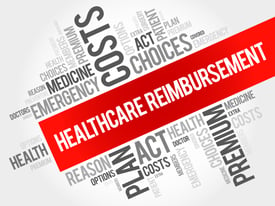 Today's CPAP machines are equipped with monitoring technology that's accessible to both sleep specialists and insurance carriers.
Today's CPAP machines are equipped with monitoring technology that's accessible to both sleep specialists and insurance carriers.
Either a card inside the machine collects usage data to be uploaded at the sleep clinic for review, or a wireless service streams that same data directly to the clinic through a modem.
In either case, a "failed" status reflects when an insurance company reviews a patient's usage data and discovers it doesn't add up to their minimums. To them, that user will be considered noncompliant. Within the context of reimbursement, the insurer may then refuse to reimburse that patient for the machine or supplies and may even ask for the machine to be returned.
Sleep specialists and CPAP failure
Of course, your sleep doctor wants you to use your therapy so that you will feel better, and they may designate compliance as a flexible range of usage over a period of time knowing that, for many users, a slow and steady application of the treatment will be more comfortable for the first-time CPAP patient.
Still, they too worry about compliance concerns because, even when a patient shows progress, they may still not be considered compliant and may even lose their therapy, due to a "use it or lose it" mentality among insurance payers.
Noted sleep specialist and apnea expert Barry Krakow, MD laments this trend.
"I thi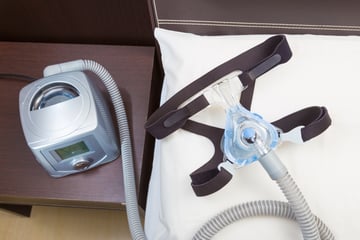 nk it helps create a better framework for the doctor/patient relationship where the discussion is focused much more on use," he said in a recent article in Sleep Review.
nk it helps create a better framework for the doctor/patient relationship where the discussion is focused much more on use," he said in a recent article in Sleep Review.
"Why should the focus be on ‘compliance’ if we can just get you using more and you get more benefit? Eventually you will use so much you will be compliant.”
Last year, Krakow wrote of CPAP failure that "It may surprise you to know there is no formally accepted definition of this concept, which means the interpretation of CPAP failure can range far and wide and have considerable impact on your capacity to move forward with a newer or more advanced PAP technology."
He believes insurance companies need to be more flexible about what they demand of first-time CPAP users.
"In sum, there are many facets to the concept of CPAP failure, the most important of which should revolve around a patient-centric model of care," Krakow said.
This is, in fact, why people using CPAP for the first time get so many phone calls from their sleep clinics; those specialists want to make sure these patients have every opportunity to identify and correct problems with their therapies so that they can not only achieve compliance, but succeed in finding long-term relief for their sleep apnea.
Sleep specialists understand that once size does not fit all when it comes to CPAP masks, pressure settings, or therapy modes. For this reason, no CPAP user should be resigned to failure, because their healthcare provider truly does "have their back."
What are the risks of failing CPAP?
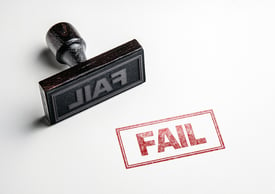 The obvious risk is that you don't treat your sleep apnea and continue to suffer its impact on your health and well being. Major concerns include cancer, brain damage, stroke, diabetes, heart disease, and other chronic, life-threatening conditions.
The obvious risk is that you don't treat your sleep apnea and continue to suffer its impact on your health and well being. Major concerns include cancer, brain damage, stroke, diabetes, heart disease, and other chronic, life-threatening conditions.
CPAP isn't a "whenever you feel like it" treatment; you have to use it for it to work, and without it, you will go back to the original problems that sent you to the doctor in the first place.
But the second risk is that you may lose your CPAP machine and supplies because of noncompliance.
Why does CPAP compliance matter?
Compliance is generally defined by the Centers of Medicare and Medicaid Services (CMS) as using CPAP at least 4 hours nightly, for 70 percent of the time.
So, for a week's time, that equals about 5 nights out of 7, and in a month's time, that equals about 21 nights out of 30.
Most private insurers cleave to a similar definition. This definition isn't arbitrary, by the way. It exists to define the minimum amount of therapy shown by research to be effective for offsetting the dangerous cardiac problems that untreated sleep apnea can lead to.
When you and CPAP just can't be friends
Sometimes, however, CPAP fails because of things that are beyond your control.
-
Nasal or sinus structure abnormalities like a deviated septum, swollen turbinates, or problems with the upper palate can make it impossible to use CPAP.
-
Daily congestion caused by seasonal allergies can make it hard for some people to breathe using CPAP.
-
Other coexisting conditions may suggest a different approach to treating sleep apnea, such as unrelated sleep disorders or certain cardiovascular or pulmonary conditions.
In the event you simply cannot use CPAP, you have other options. These include:
-
oral devices
-
outpatient procedures
-
weight loss
-
upper airway physical therapy exercises
-
neurostimulation implants
-
surgical removal of tissues causing obstructions
-
tracheotomy
Ultimately, the challenge is not about CPAP, but about how you will find the right therapy to correct your sleep breathing disorder. Generally, the go-to treatment usually starts with PAP therapy, but if it doesn't work for you, that's no reason to feel ashamed or give up.
 The bright side
The bright side
Sometimes, insurance companies require you to "fail CPAP" first before allowing you the opportunity to try a different kind of noninvasive ventilation, such as APAP, BiPAP, or ASV.
In that case, your "failure" may actually be grounds for an upgrade to a therapy you love! So don't take it personally... sometimes, CPAP failure can actually be a blessing in disguise.
Consult with your sleep specialist about all of your options, if you are concerned about CPAP intolerance. There truly is a treatment out there for everybody, and the best sleep centers will help you find what you need to be healthy and happy again.
Sources:
American Thoracic Society
Centers of Medicare and Medicaid Services (CMS)
Sleep Dynamic Therapy
Sleep Review
Society of Behavioral Sleep Medicine






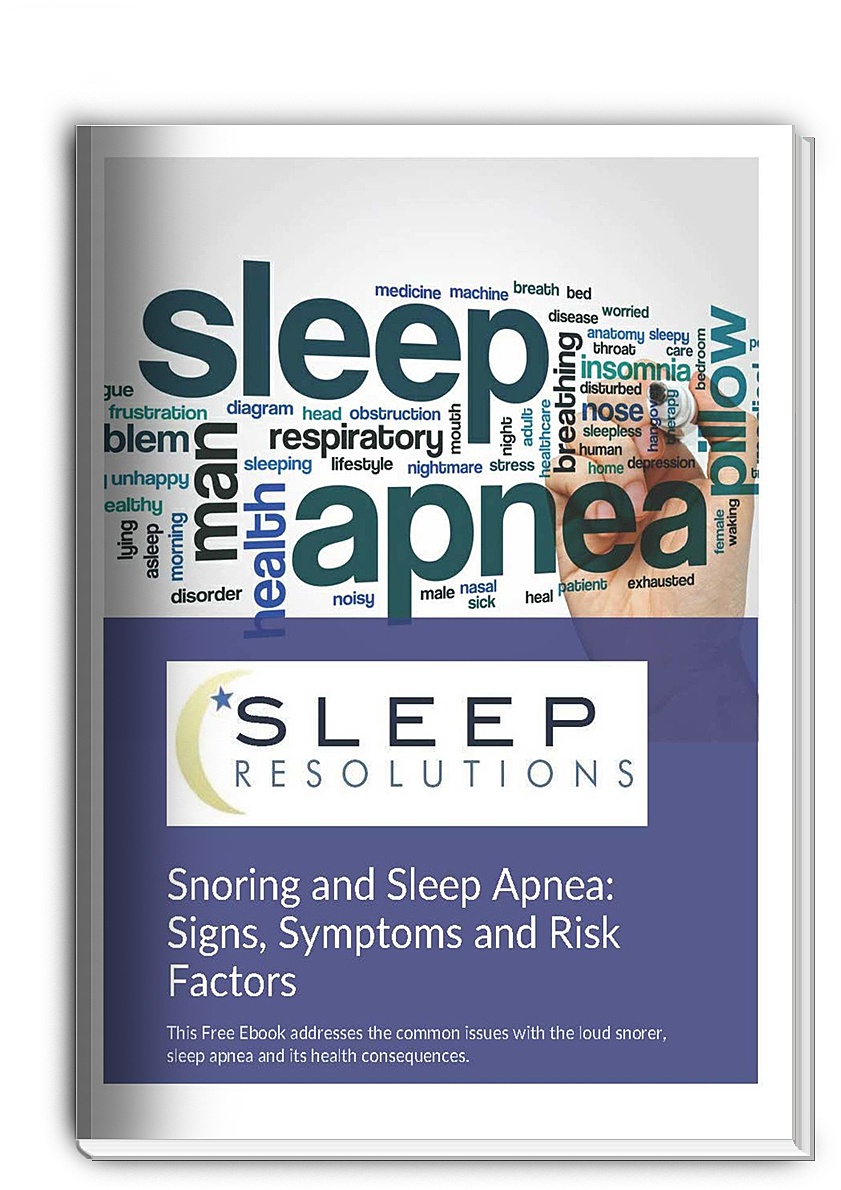

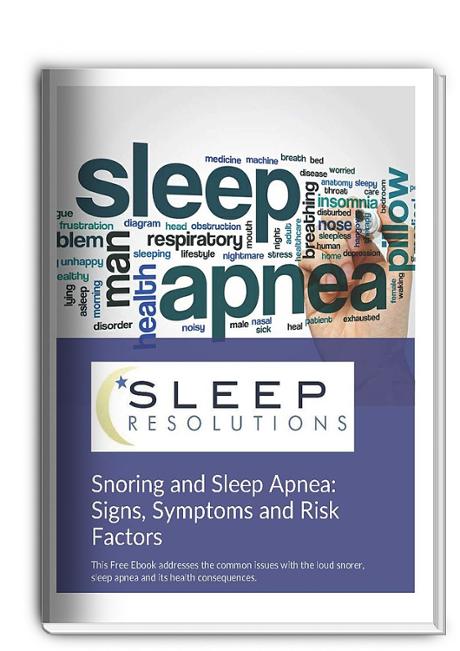

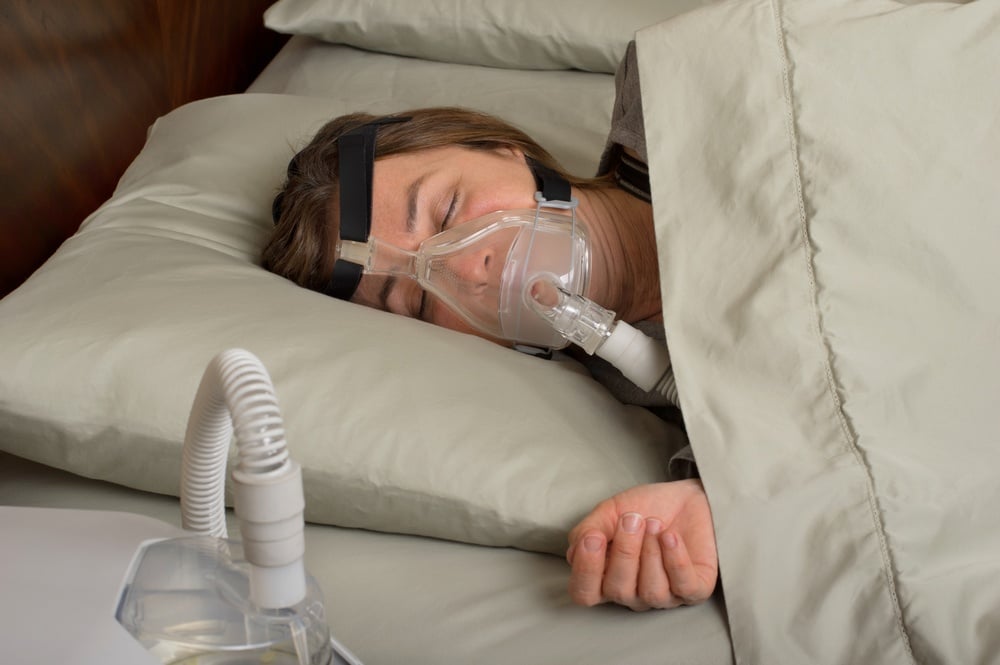

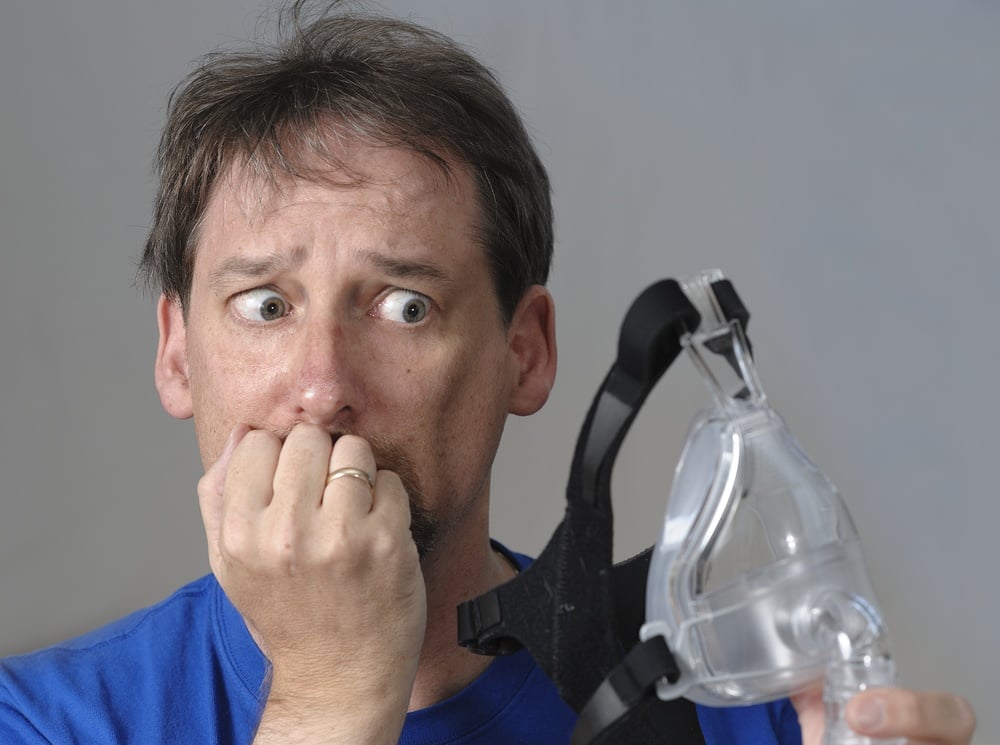
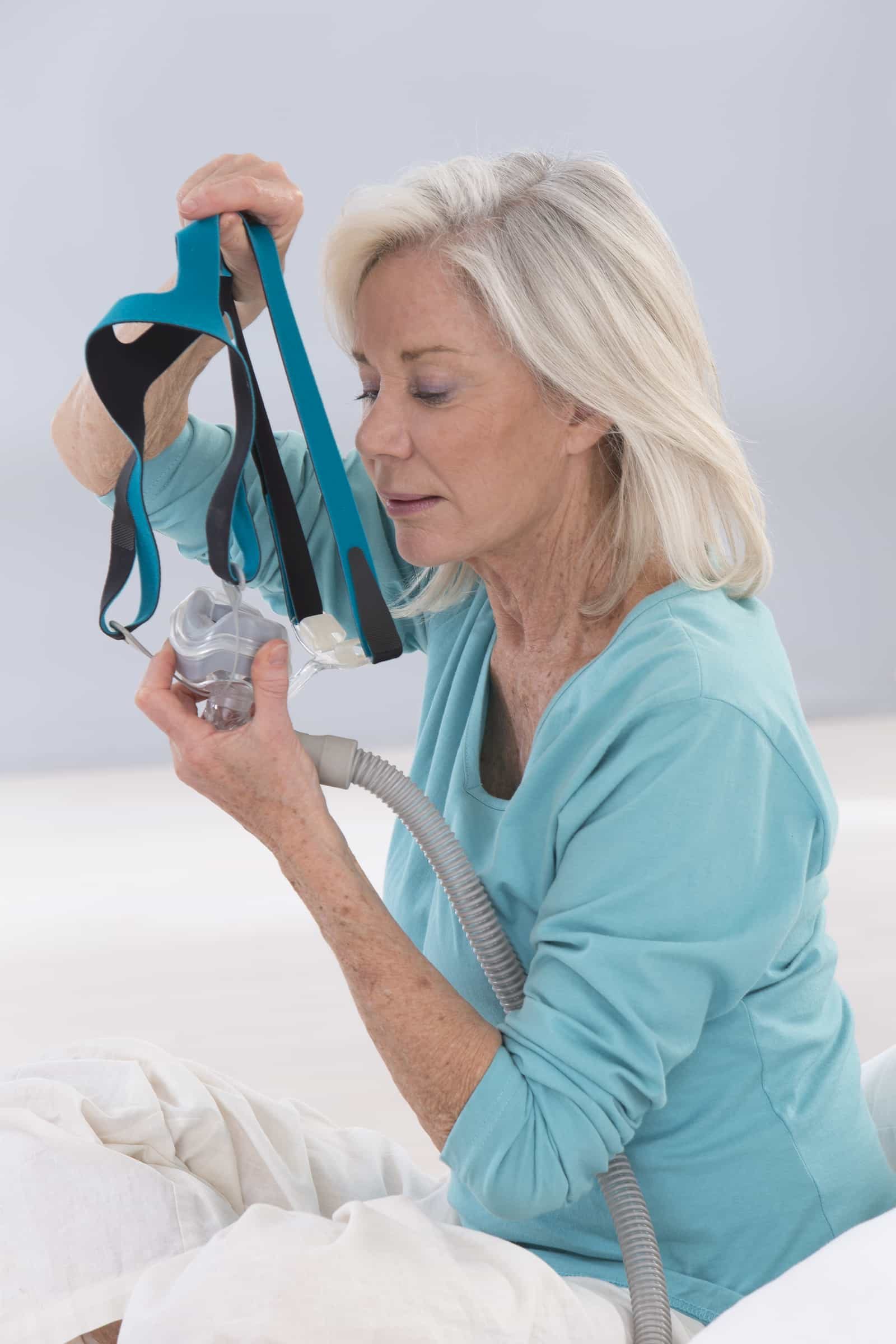
Leave a comment